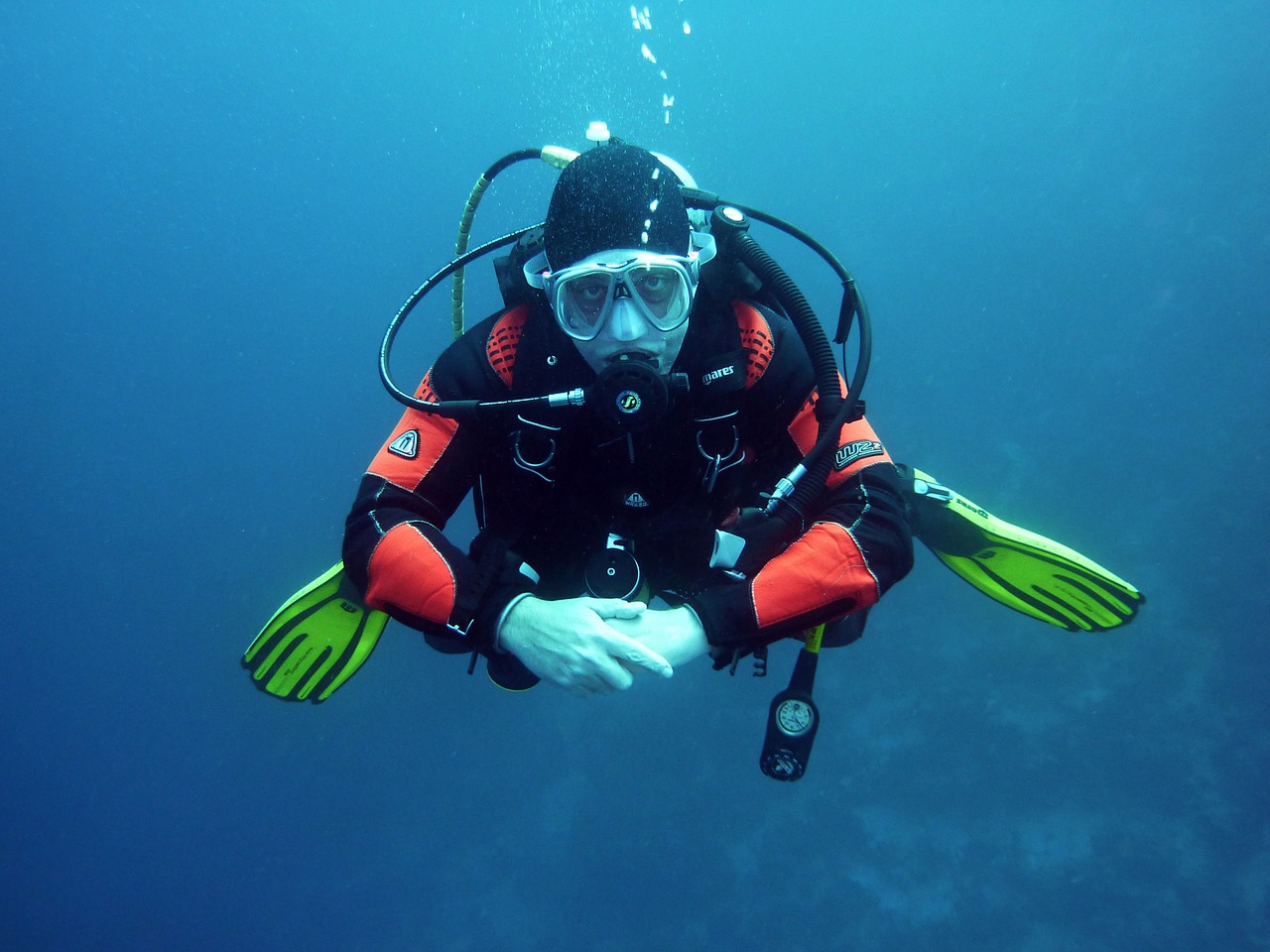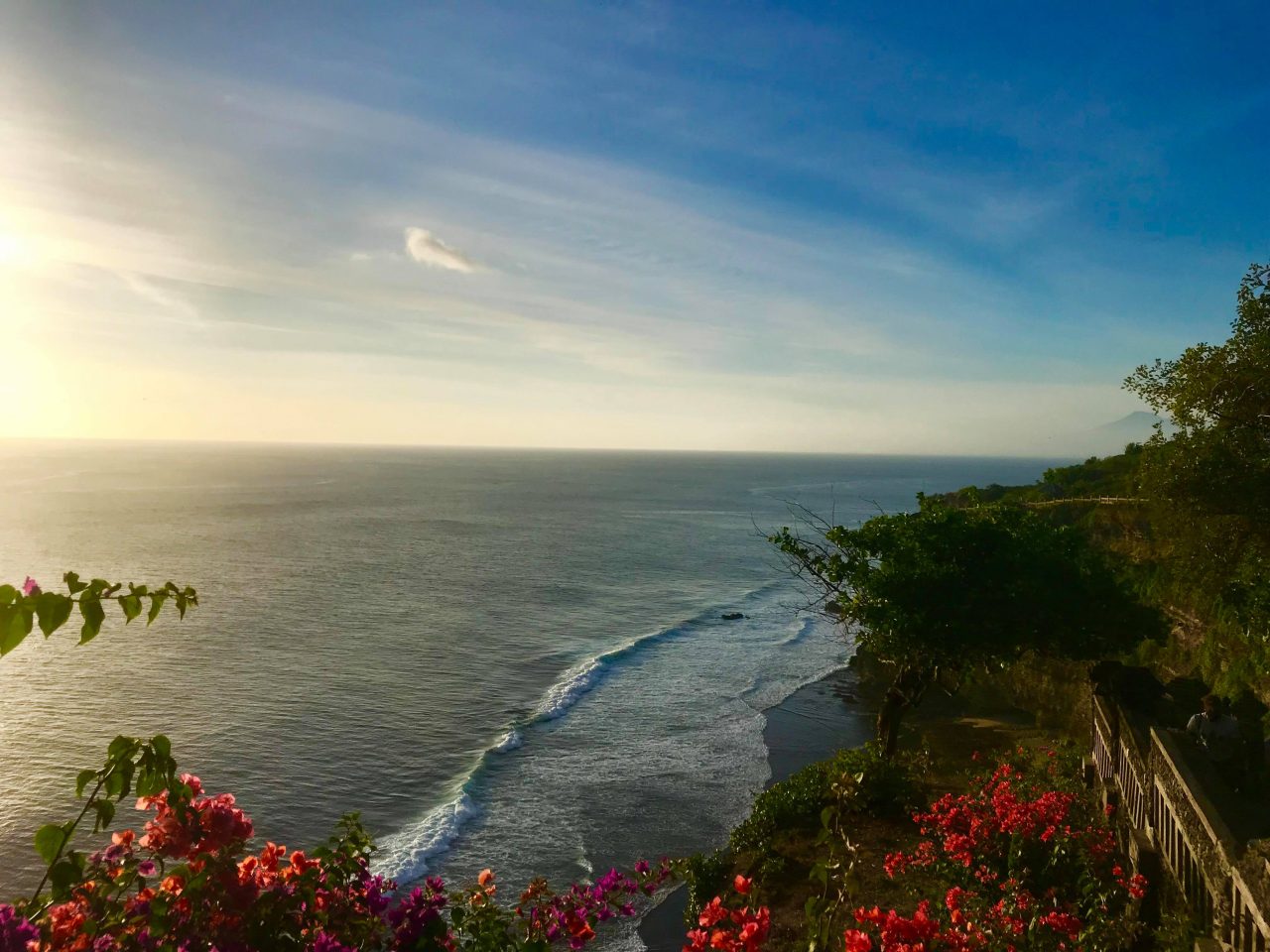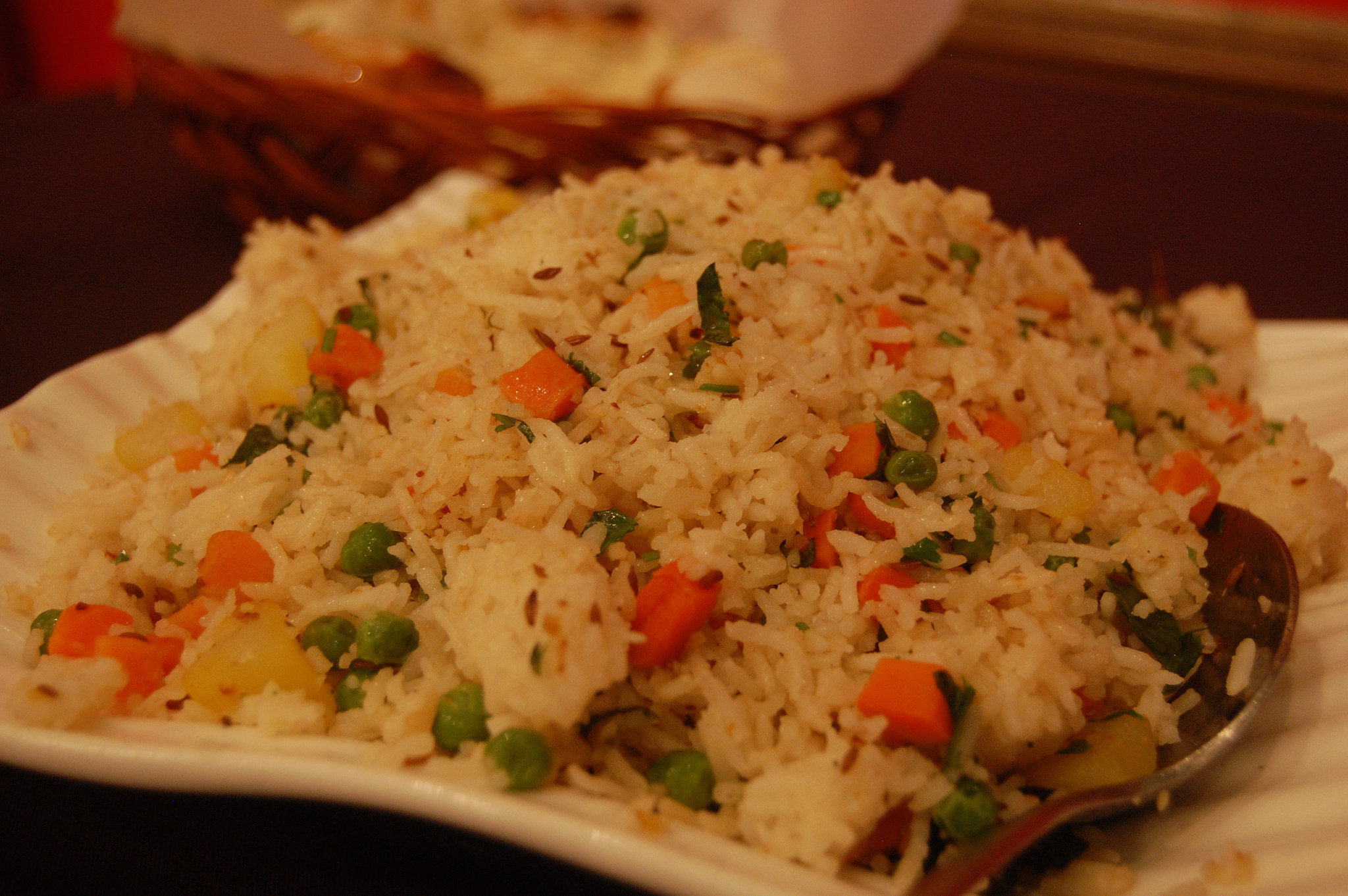Diving in Zanzibar, A Complete Guide
If there is one thrilling escapade that attracts hordes of visitors to Tanzania each year, then it is diving in Zanzibar. With over 30 diving sites straddling some exotic coral reefs and abundant species of marine life deep divers and snorkelers have a field day. And with tropical ocean waters that remain warm the best part of the year, and with visibility that often exceeds 30 meters, the island is more than a beach destination to relax.
Surrounded by stunning underwater landscapes with beautiful and strange marine creatures, the island is a dream destination for scuba divers. Certainly, according to professional divers, you can find some of the best dive sites in the world in Zanzibar. The archipelago also boasts an equally fantastic array for deep sea fishing sites and some of the world’s largest fish, the whale shark is found in these waters.
When to dive
February through March, July, and August are considered the best months to go diving in Zanzibar. However, this can also include the months of September, December, and January. Nevertheless, even on the months outside this calendar hardcore divers will be seen hard at their craft.
Best diving conditions
The best conditions for diving in Zanzibar occur when water temperatures reach 27 degrees Celsius and divers can see between 20 and 70 meters underwater.
Where to dive in Zanzibar
Here are some of the best dive spots in Zanzibar:
-
Leven Bank
With plenty of marine wildlife and a stunning underwater landscape, Leven Bank has won accolades as the best diving spot in Zanzibar. Located in the open sea and with drops up to 50 meters with strong currents, it is strictly reserved for advanced divers.
At Leven Bank, you will encounter dolphins, rainbow runners, white tip sharks, barracudas, tunas, honeycomb moray eels, and triggerfish.
-
Hunga Reef
With a maximum depth of 17 meters, this dive site offers an awe-inspiring reef dive for beginners. Beautiful coral formations form magical underwater landscapes that perfectly capture the fantastic colours of the Indian Ocean. At Hunga Reef, you will encounter Napoleon Wrasse, Surgeonfish, Parrotfish and lobsters.
-
Boribu Reef
Boribu reef diving location offers impressive mountains of kaleidoscope corals, gigantic barrel sponges, and Gorgonian sea fans. The diver can sink to depths of up to 30 meters, consequently forming one of the favourite sites. In Boribu reef, divers can encounter barracudas, bluefin tunas, moray eels and lobsters.
You can also dive in these areas:
- Kendwa reef
- Shanes reef
- Coral garden
- Renco Bommi
- Chakatuni
- Mbwangawa
- Kichafi
- Misoli
- Leons Wall
And if you happen to venture into Stone Town, check out diving spots such as Nanyang, Bahari Wreck, Bawe Island, Page and Murage Reef.
Courses offered
If you are new to diving, then you may want to take a diving course. There are several spots in Zanzibar where instructors can train you in the most idyllic environments. Additionally, they also offer packages of trails from novice through professional.
Some of the courses offered include Advanced open water course and Emergency first responder course. There are also tailor-made courses for school groups, that focus on marine conservation and safety.
What you expect to see
If you are a scuba diver targeting specific sea animals, and looking for migration seasons that carry the highest concentration of specific marine animals, the plan your diving trips around these times:
- All Year – Dolphins
- June to March – Eagle Rays, Seahorses, Blacktip Reefs
- October to February – Whale Sharks
- November to February – Hammerhead Sharks
- December to March – Manta Rays
- July to October – Humpback Whales
Cost of diving in Zanzibar
Diving costs in Zanzibar start at $25 and can also reach up to $500 for the professional level.
Looking for some vegan food in Zanzibar? Explore the Spicey Vegan Street Foods of Zanzibar. Also read my review on restaurant: Forodhani Food Gardens



